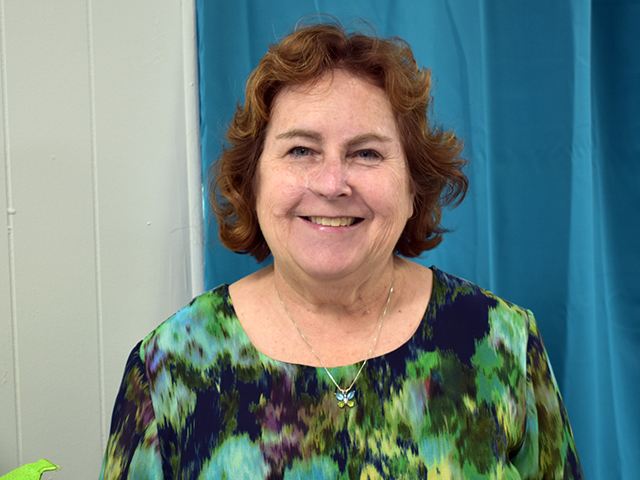By Victoria John
Latin Teacher, Lakehill Preparatory School
Friends, Romans, Metroplex, lend me your ears;
I come to praise Latin, not to bury it.
The good that Latin does lives after it…
For Latin is an honorable language.
Teaching Latin allows me to fulfill the goal of the ancient philosopher Plato, “Do not train a child to learn by force or harshness; but direct them to it by what amuses their minds, so that you may be better able to discover with accuracy the peculiar bent of the genius of each.” For the past 13 years, by making Latin relevant and fun at Lakehill Preparatory School, I have been rewarded by the gift of perceiving the “peculiar bent of the genius of each” and every student and class.
People ask me, “Why teach Latin? It’s a dead language.” I respond, “Why not? Why label it ‘dead’ just because it’s not spoken? It’s the basis of over 60 percent of English words.” If you pay attention, you will see Latin’s ubiquitous heritage.
Latin is the basis of the modern Romance languages including French, Spanish, Italian, Portuguese, and Romanian. Over the years I’ve taught students who speak one or more of these languages.
Students feel empowered when their vocabulary suddenly becomes an integral connection to learning a new language. It is this empowerment that ignites their curiosity, nurtures their motivation, and develops leadership skills.
It’s also interesting that those students who don’t excel in other academics shine in Latin. After a week, they are amazed at what they’ve learned. At the end of the first semester, they are translating entire pages of Latin into English. Students discover Latin outside of class and are excited to bring their finds to share with classmates and display on a bulletin board, located centrally in the Middle School hallway.
Students find Latin in restaurants with the advertisement inviting the public to, “seize the burrito” with the words, carpe burrito. They find Latin on street signs, in scientific names for plants and animals, history, geography and legal terminology. A student learned that the Romans called the Mediterranean Sea, mare nostrum, translated as “our sea.” Another figured out Mediterranean derives from two Latin words: media, in the middle, and terra, land.
Latin has made a comeback in the last 20 years, as seen in the growing number of classes taught in American public and private schools. The number of students taking the National Latin Exam has increased to more than 150,000 worldwide. Latin is a required academic course in seventh and eighth grades at Lakehill, with about 40 percent of Lakehill students earning awards on the annual National Latin Exam over the last 10 years.
Every time my students use the words export, import, and report they are using Latin. Every time they sing or play the piano and note the Italian words fortissimo and crescendo, they are seeing the Italian version of Latin. When students study tessellation in math, they are using Latin.
Old is not bad. A classical education is exemplary. In history, we study the past to understand and explain the present. In art, we examine frescoes of Giotto to rediscover the classics and study humanism. In geography and philosophy, we review ancient explorers and philosophers to understand our roots as well as ourselves.
It makes perfect sense that we study Latin for its own virtue and as a basis for other languages. By teaching Latin, I am able to discover “the peculiar bent of the genius of each” student.
And for the record, I’ve been told that some of the people in San Marino, Italy, still speak a form of Latin.
Latin is an honorable language.
Mirabile dictu!


